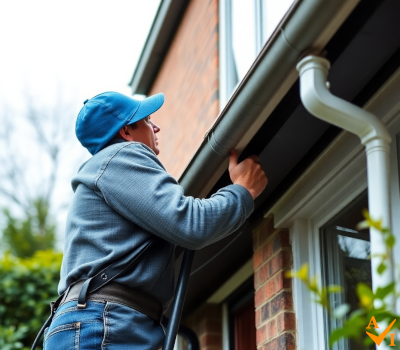Firstly, adopting a proactive approach by carrying out regular inspections is highly recommended. This enables you to identify and tackle maintenance issues before they escalate. Look for leaks, verify the functionality of appliances, and keep an eye out for signs of wear and tear.
Secondly, it's important to remember that each season brings its own maintenance requirements. During the warmer months, concentrate on landscaping, gutter cleaning, and air conditioning system checks. As the weather cools, heating system checks, pipe insulation, and leaf and snow clearance should be your focus.
Thirdly, always address tenant maintenance requests without delay. Swift responses not only keep tenants content but also prevent minor issues from becoming major headaches.
Fourthly, opt for durable, high-quality appliances and fixtures. While they may come with a higher initial price tag, their longevity means they require fewer repairs.
Fifthly, ensure common areas such as hallways, staircases, and gardens are kept clean and safe. This heightens your property's appeal and ensures tenant safety.
Next, cultivate a network of trusted contractors. Having dependable plumbers, electricians, and handymen at your disposal can save you a significant amount of time and inconvenience.
Additionally, instruct your tenants on the proper use of appliances and systems within the property. This can mitigate wear and tear and prevent unnecessary damage.
Lastly, allocate a budget for long-term upgrades. Regular enhancements to your property can keep it competitive in the market and attract and retain tenants.
In conclusion, regular property maintenance is a continuous process that requires time, effort, and investment. However, it pays dividends by safeguarding the value of your property and enhancing its appeal to current and potential tenants. After all, a well-maintained property is not just a responsibility; it's the key to successful and profitable property management.











